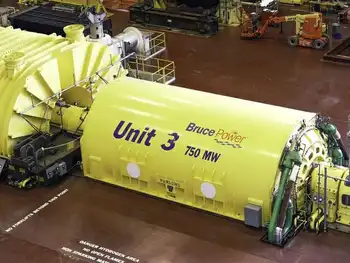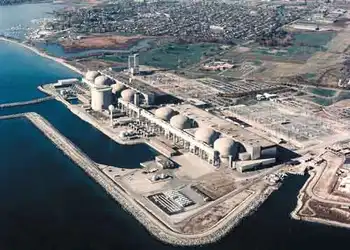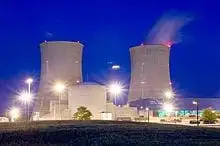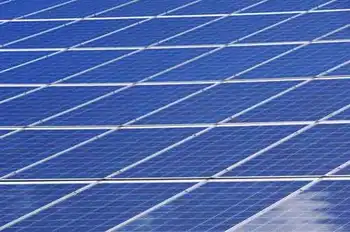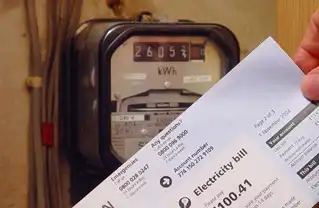Duke Energy to demolish Riverbend Steam Station
By Duke Energy
Electrical Testing & Commissioning of Power Systems
Our customized live online or in‑person group training can be delivered to your staff at your location.

- Live Online
- 12 hours Instructor-led
- Group Training Available
Duke EnergyÂ’s long-term vision for sites with retired coal units like those at Riverbend is to safely return them to ground level using a method known as decommissioning and demolition.
This multi-year process involves cleaning and removing equipment, demolishing the powerhouse and auxiliary buildings, and restoring the site.
To restore the site, the company will fill, grade and seed the land to prevent erosion and protect water quality. Duke Energy plans to own and steward the Riverbend site and will continue operating transmission equipment there.
The demolition process will occur using a phased approach. Phase one will begin this fall and will last through early 2014. During this phase, the company will begin removing structures, including retired natural gas combustion turbine units, precipitators, coal handling equipment and the water tank.
Phase two is expected to begin in early 2016 and will last several months. During this stage, Duke Energy will remove any remaining powerhouse equipment and demolish the building and chimneys. If implosion is needed to complete the demolition, the company will update the public. Between the two phases, teams will be working to relocate electrical equipment.
“Riverbend served this region well for more than eight decades, and Duke Energy is committed to decommissioning the station safely and with a keen focus on protecting the environment,” said Tim Gause, Duke Energy district manager. “This process is a tangible next step in Duke Energy’s longstanding effort to generate energy in cleaner ways and better serve our customers. Duke Energy will have retired seven of its 14 coal plants in the state by the end of the year.”
The company will evaluate multiple ash basin closure options to ensure it selects methods that will protect water quality for the future, first and foremost. Duke EnergyÂ’s technical specialists will partner with outside experts to perform scientific and engineering studies. This data will help the team develop the most appropriate closure plan for Riverbend using well-accepted industry standards.
The company will submit the closure plan to the state, as required by the stationÂ’s permit and will continue to comply with all requirements for many years to come. Duke Energy will continue to update the community with important information as the process advances.






